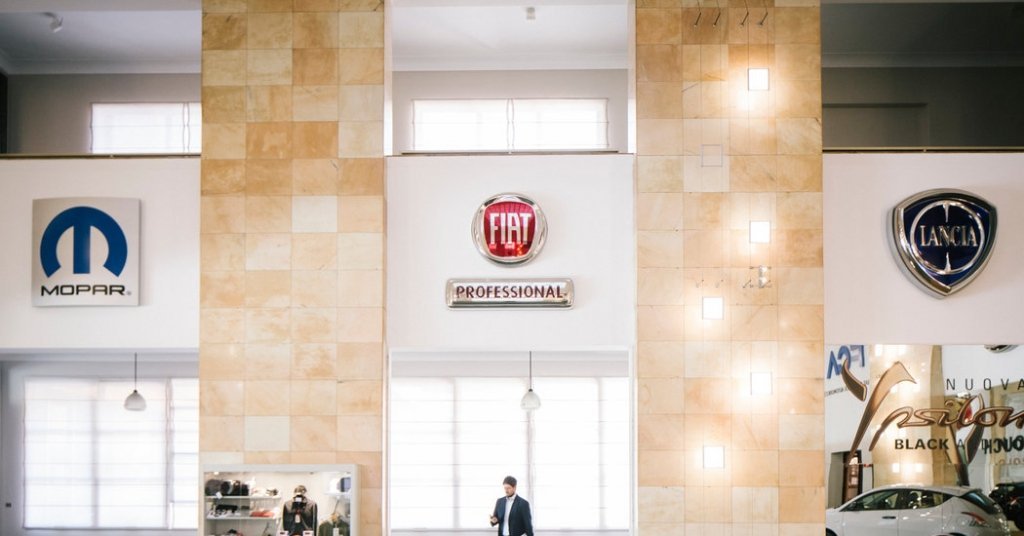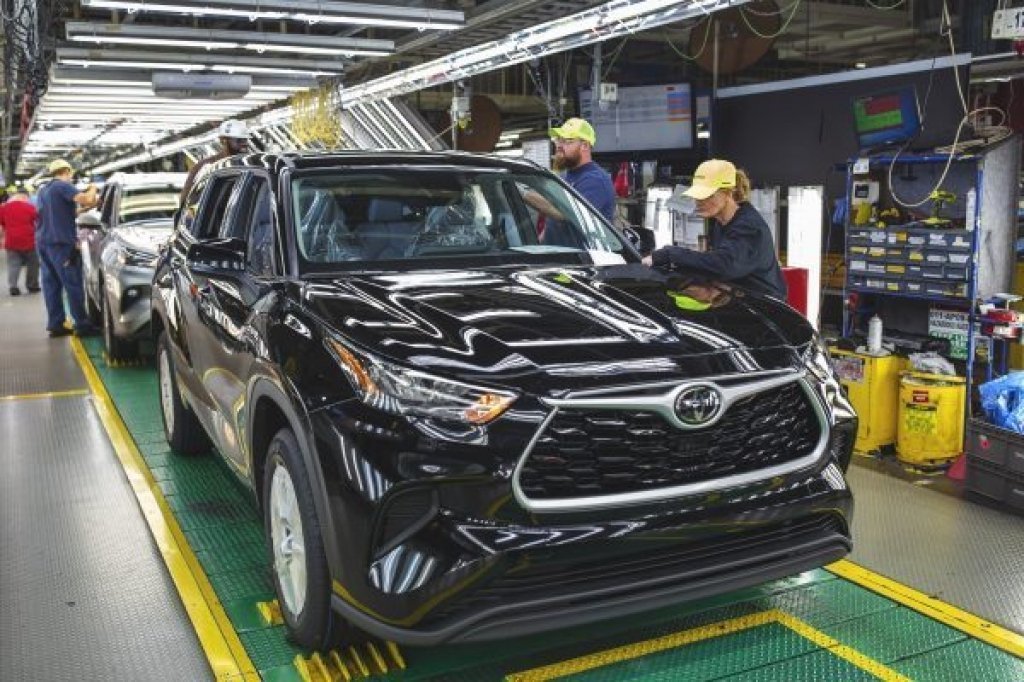Why Fiat Chrysler’s Talks with Renault Fell Apart

The proposed merger of Fiat Chrysler Automobiles and Renault, a tie-up viewed as a deal that is transformative an industry facing technological challenges, dropped apart on Wednesday, while the recriminations began very nearly instantly.
The stock prices of both businesses — which jumped after Fiat announced its plan a week ago — are feeling the results. In very early trading on Thursday, Renault stocks had been down more than 7 percent; Fiat exposed nearly 4 percent reduced, then again recovered.
All mergers need the balancing of different passions until everyone is more or less pleased. But this deal — which will have developed the world’s third-largest automaker, with product sales and factories around the world — stood aside because of its varied stakeholders plus the influential role for the French government. Within the end, Fiat wandered away when the Renault board asked for more time.
Here’s a look at exactly what made this deal so very hard to close.
The French government had its demands
Renault is generally called a top jewel of French industry. The government is under governmental force to save lots of well-paying jobs, and nationwide pride is at stake as it considered a tie-up with an Italian-American organization.
It additionally had a stake into the deal. The government is Renault’s biggest solitary shareholder, with a 15 % stake, and it has a designated agent regarding the carmaker’s board.
Fiat’s proposal offered each company’s shareholders equal ownership of the entity that is new. The French government’s share could have been cut to 7.5 per cent, however it could have kept a representative regarding the board.
In the previous week, Bruno Le Maire, the French finance minister, sought reassurances as he met with business executives. He wanted a business headquarters in Paris, and desired work cuts in the usa and Italy before anybody in France is impacted, one person involved stated.
Fiat appeared willing to satisfy some or a lot of the government’s demands. However the ongoing company’s chairman, John Elkann, had been intent on creating a company that could never be regarded as politically affected — a perception that had plagued the connection between Renault and Nissan.
The board came across one time this week. Then another. Sometime around midnight on Wednesday, French negotiators “pulled the elastic until it broke,” said one person near to the speaks.
Nissan needed more facts
For two decades, Renault and the Japanese automaker Nissan possessed a successful alliance sharing technology and design. Now automakers are dealing with disruption because of changing technology, ecological demands, and a fall in worldwide sales. For legacy manufacturers like Renault and Nissan, alliances and mergers are necessary.
But the designer regarding the Renault Nissan Alliance, Carlos Ghosn, was arrested in November on fees of financial misconduct. As he awaits test, the automakers’ leaders — Jean-Dominique Senard, president of Renault, and Hiroto Saikawa, chief executive of Nissan — have been treating each other warily.
Initial talks between Renault and Fiat Chrysler were held behind Nissan’s back — the Japanese business stated it was informed of this merger offer just hours before it was formally announced.
On Monday, the eve of the board’s very first conference, Mr. Saikawa issued a statement that seemed just like a caution, stating that a Fiat-Renault merger would “require significant summary of the current relationship” to ensure the Japanese automaker’s passions had been protected.
Nissan’s two representatives towards the Renault board later stated they designed to abstain if a vote had been to immediately take place.

That would lose jobs?
French work unions were likely to have influence that is big and the work union representative on Renault’s board suggested it, too, would refrain from the vote. Labor officials have been skeptical for the Fiat proposition, fearing an opening for more layoffs. Renault has shed at the least 22,000 jobs in France since 2005, the union stated.
The French labor unionwarned final weekthat stripping the us government of its big stake in Renault could offer Fiat the ability to prefer operations in Italy over France.
President Emmanuel Macron, a former banker whose approval reviews have actually fallen when confronted with the continuing “Yellow Vest” protests over earnings inequality and work insecurity, cannot manage to be blamed for more joblessness.
General Electric announced the other day that it would cut 1,000 jobs in France, stemming from the 2015 merger because of the French power business Alstom, along with other international companies are cutting tens of thousands of jobs in France.
Could they come back to the dining table?
“It is now clear that the political conditions in France don’t presently occur for this kind of combination to proceed successfully,” Fiat said in a statement announcing the withdrawal associated with the deal.
But could a merger happen? On Thursday, Mr. Saikawa said, I still believe that way.“ I welcomed the broadening of this alliance’s opportunities, and”
“Our partner is going to be always a various company,” he continued. “It’s essential to look that over from Nissan’s point of view, so we truly need a while.”




